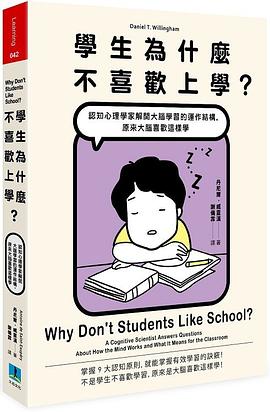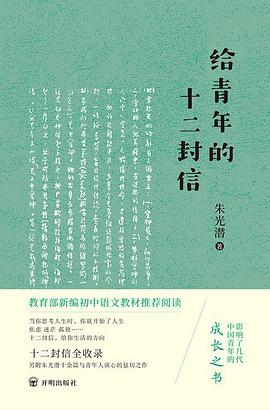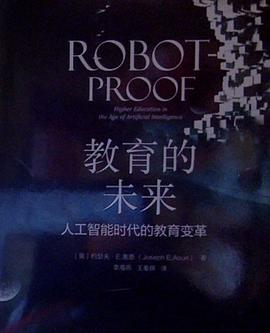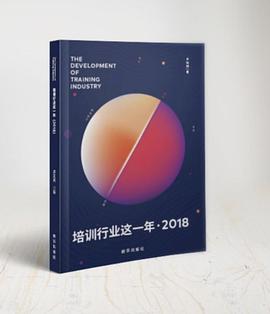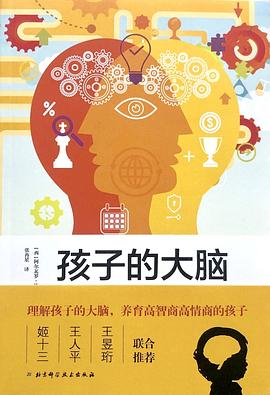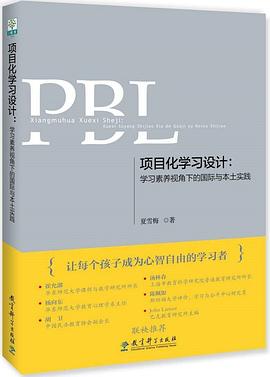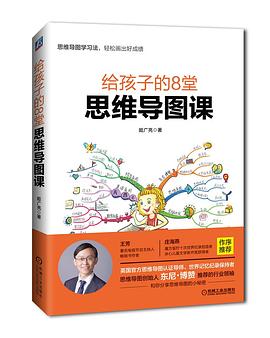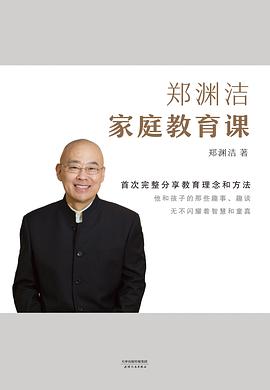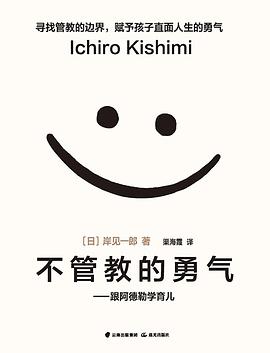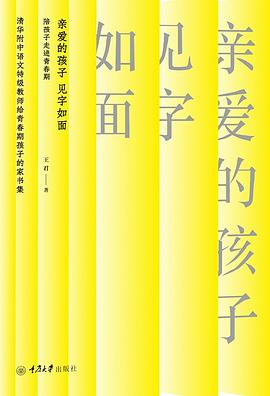

具体描述
Matthias Doepke is professor of economics at Northwestern University. He lives in Evanston, Illinois. Fabrizio Zilibotti is the Tuntex Professor of International and Development Economics at Yale University. He lives in New Haven, Connecticut.
An international and historical look at how parenting choices change in the face of economic inequality
Parents everywhere want their children to be happy and do well. Yet how parents seek to achieve this ambition varies enormously. For instance, American and Chinese parents are increasingly authoritative and authoritarian, whereas Scandinavian parents tend to be more permissive. Why? Love, Money, and Parenting investigates how economic forces and growing inequality shape how parents raise their children. From medieval times to the present, and from the United States, the United Kingdom, Germany, Italy, Spain, and Sweden to China and Japan, Matthias Doepke and Fabrizio Zilibotti look at how economic incentives and constraints--such as money, knowledge, and time--influence parenting practices and what is considered good parenting in different countries.
Through personal anecdotes and original research, Doepke and Zilibotti show that in countries with increasing economic inequality, such as the United States, parents push harder to ensure their children have a path to security and success. Economics has transformed the hands-off parenting of the 1960s and '70s into a frantic, overscheduled activity. Growing inequality has also resulted in an increasing "parenting gap" between richer and poorer families, raising the disturbing prospect of diminished social mobility and fewer opportunities for children from disadvantaged backgrounds. In nations with less economic inequality, such as Sweden, the stakes are less high, and social mobility is not under threat. Doepke and Zilibotti discuss how investments in early childhood development and the design of education systems factor into the parenting equation, and how economics can help shape policies that will contribute to the ideal of equal opportunity for all.
Love, Money, and Parenting presents an engrossing look at the economics of the family in the modern world.
用户评价
##这两天看到一条转发的朋友圈: 问:孩子四岁,英语词汇量只有1500,是不是不够? 答:看在哪儿,在美国够了,在中国可能不够。 英语词汇量1500是什么概念呢?依稀记得,我小学毕业可能也就这个词汇量。当然,时代在进步,我作为一个90后,跟10后相比几乎差了一辈,用以前的标准...
评分 评分 评分 评分 评分 评分随便看看吧。主要就是说,由于各国的经济政策这些年的变化,以及贫富差距加大,世界范围内,家长管的都越来越加强孩子的教育。intensive和permissive parenting各有利弊,每家对hardworking,independence,creativity的看重程度不同而已哈。 看完后个人认为既然孩子在中国,还是萝卜加大棒都要有,模仿瑞典芬兰的permissive parenting不具备人家的社会背景,tiger mom式教育挺符合我国国情的。
评分 评分相关图书
本站所有内容均为互联网搜索引擎提供的公开搜索信息,本站不存储任何数据与内容,任何内容与数据均与本站无关,如有需要请联系相关搜索引擎包括但不限于百度,google,bing,sogou 等
© 2025 book.cndgn.com All Rights Reserved. 新城书站 版权所有



